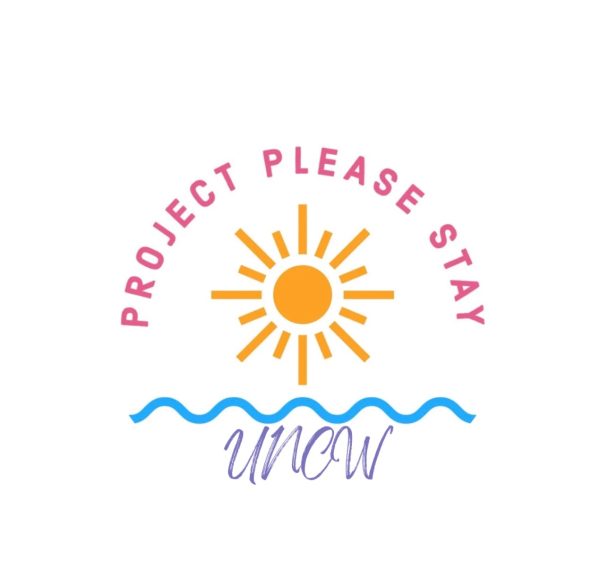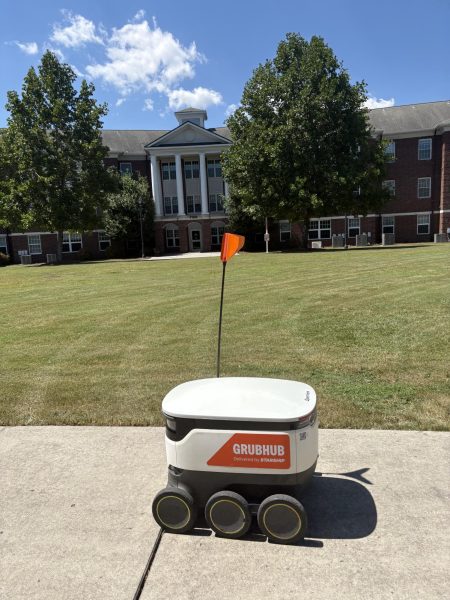The pandemic has forced universities to rethink their admissions process
Transitioning to college life is extremely stressful and every student has a different experience. Adding a global pandemic into the mix not only makes college more stressful for its students, but for the faculty and staff too. Because of the pandemic, many students will be applying without the criteria that admissions officers at universities have long relied on, leaving colleges trying to figure out what else they might consider instead.
In reaction to the pandemic, various universities made some last-minute changes to their admission practices for high school students planning to attend college. Universities will be forced to focus more on the student as an individual rather than just test scores and extracurriculars.
UNC Wilmington (UNCW) is still in the process of reviewing applications for admissions so when asked how admission rates were affected by the pandemic, Dr. Cynthia Scott—Interim Director of Admissions at UNCW—stated that, “At this time, we are seeing an increase in applications but will be unable to accurately compare our admission rates until all applications have been reviewed.”
Students will most likely be missing a semester or two of grades, since schools switched to pass/fail grading when they went online, or closed altogether. Universities will also have to make do without a semester’s worth or more of extracurricular activities—sports, band, theater, volunteering and anything else that would help distinguish applicants from one another.
Traditionally, standardized testing is also considered, but the UNC System implemented a test-optional policy for all students applying for admission in 2021. While high school students have experienced various course offerings and instruction methods as a result of restrictions from the COVID-19 virus, their high school transcripts still reflect their academic performance.
Scott explained that the UNCW Office of Admissions usually completes a holistic application review that considers a first-year student’s academic profile, course rigor, extracurricular involvement and writing abilities based on submitting the required short answer and essay question.
Not only has university admissions been affected, but many schools are more likely to entertain appeals for additional money this year. Many families who appealed needed additional help because the pandemic significantly hurt their finances. This is because the pandemic has pushed college costs out of reach for an increasing number of families, which will likely benefit students who can pay the tab at state and private universities.
The same phenomenon occurred during and after the Great Recession of 2007-2009, when state government support for public universities dropped considerably, which prompted schools to find additional sources of income.
One of the ways the universities found additional sources is by being “need aware.” Nearly all universities practice some form of what’s called “need-aware” admissions. This occurs when financial aid resources are dwindling and schools start rejecting financial aid applicants, favoring full-pay students instead. This is to ensure that the university receives its payments for admission, instead of relying on those who need financial aid.
Despite this, families should not hesitate to appeal, even if their financial need is not connected with the pandemic because the income of a household where a parent was laid off or had hours cut this year would not be reflected on the FAFSA or the CSS Profile, which roughly 200 colleges use for undergraduate admissions.
According to Scott, admissions decisions at UNCW are determined without considering a family’s financial need. For those admitted students who apply for need-based aid, determined by the FAFSA, UNCW awards the amount of federal, state and institutional aid they qualify to receive.
Students already have plenty to worry about without there being a pandemic in the midst. This includes having to balance things like how to pay for their college career, moving away from home, being on their own for the first time and trying to figure out what they want to do. But because UNCW is not a need-aware school, students can apply without having their potential financial needs getting in the way.









